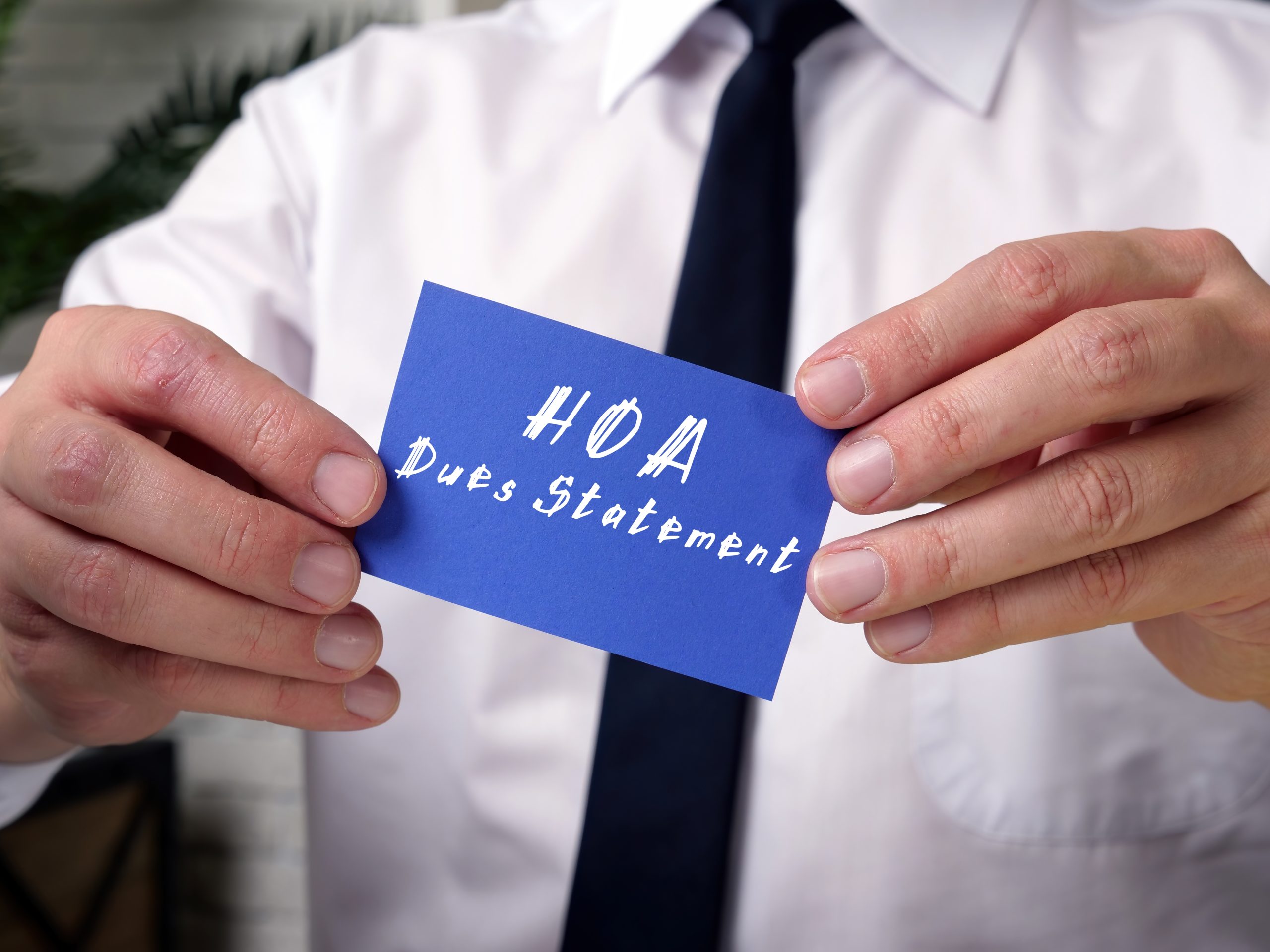The 5 Ws and 1 H of Condo Association Dues
By: Melecio Martin G. Arranz IV

So recently, I have left the nest and started to strike out on my own. (Adulting, here I come!) My first order of business was to acquire a ready for occupancy condominium unit so I can move in immediately. After a few weeks of unpacking my clothes, unboxing the plates, working out in the gym, reporting to my first work, and getting to know my new home, reality visited me with my very first bill.
“What is this?” I asked the courier.
“It’s your Homeowners Association Dues bill,” he said.
My jaw must have fallen to the floor because he smiled and said, “It’s your monthly contribution to the upkeep of the condo building and the amenities. I think you must have forgotten. You should come to visit the office when you’re free, so the property manager can explain the Association dues properly.”
That afternoon after my work, I visit the office of the property manager so I can learn about the condominium Association Dues.
So for the first time condo owners like me and those still scratching their heads, here are the 5Ws and an H of Association Dues:
Everything You Need To Know About Condo Association Dues
What is an association due?
Association Dues are monthly payments of a unit owner to contribute to the operational and maintenance expenses of the entire condominium community. That includes the upkeep of the pool and gym I frequent.
Who pays the association due?
The association due is care of you, the unit owner. A buyer automatically becomes a unit owner and association member:
- upon receipt of notice of turnover of the unit by registered mail or personal delivery, or
- from the date the buyer has taken possession and occupied the unit, or
- upon the signing of the Deed of Absolute Sale, or
- upon transfer of title of the unit in the name of the buyer, whichever comes first.
Who collects your association due payments?
The condominium developer assigns a property manager to ensure the proper upkeep and the smooth operation of the condo building. The office of the property manager provides the services residents need, including security, janitorial, plumbing, and other necessary services. In lieu of this, the office of the property manager is responsible for collecting association dues and other condo fees.
When do I start paying the association due?
Once the condo unit has been turned over to you, the obligation to pay the association or condominium dues starts. Whether you have moved in right after the turnover or not, payment for the association dues begins that same month. For example, my unit has been turned over last April, but I was still at my parents’ house, awaiting graduation. I moved in the first weekend of May. I paid the association dues for April and May.
When do I pay the association due?
Due dates vary per residential property. The association dues at my condo tower is collected every 30th or at the end of the month. Ask your property manager for the right dates so you can avoid the late payment penalty.
Where does the association due go?
Someone has to maintain the garden, treat the lap pool, disinfect the gym, collect the garbage, man the lobby, and secure the community. Association Dues go to those and more. The dues also go to the janitorial service, landscape gardening, 24/7 security, taxes and licenses, insurances, real estate tax, maintenance of equipment water distribution, garbage collection, maintenance of sewage treatment plant and other miscellaneous expenses. It also funds the repair or repainting of the building when there is a leak in the roof, problem with the pipes, and cracks in the façade.
Why do I have to pay the association due?
Imagine joining an exclusive country club: you pay a hefty monthly or annual fee and in exchange, you get access to a clear lap pool, the latest workout equipment, easy reservation to function rooms, quiet library, a nurturing day care for your children, and a secure community. Unannounced guests are screened at the lobby, CCTV cameras are monitored 24/7, garden is maintained, garbage is collected discreetly, and other minute details are taken care of so you can have an easy and comfortable stay.
Now imagine having that every single day. That for me is enough reason to pay the association dues every month.
Failure to pay could result in the following to be implemented by the Condominium Corporation or Association:
- cut the utilities line, or
- charge interest penalty equivalent to 3% per month based on outstanding amount, or
- temporary restriction on the usage of amenities and other facilities, or
- in extreme cases, the accumulated association dues will be annotated as an encumbrance and lien on the condominium title.
How much is the average monthly association dues?
Monthly association dues vary in every project, depending on the operating expenses of the condominium building. The more amenities the building has, the higher is its operating costs, thus the high association dues. Computation for a condominium association due is based on the zonal value of the property and the size of your unit. Meaning, residents of premier locations, like those within the Central Business Districts (CBD) of Makati and Bonifacio Global City, pay more than those who own units outside the CBD. You can check out with your property manager to clarify your association fees.
Wrapping up
Condo association dues are needed to maintain the overall well-being and appearance of a condominium complex. It is important for residents to understand the reasoning behind these fees and how they contribute to the overall value of their community.
If you’re on the lookout for prime condo units in the country, head on over to Federal Land today!

